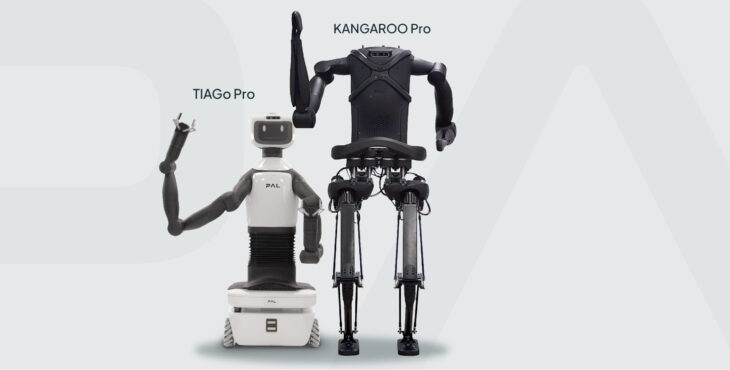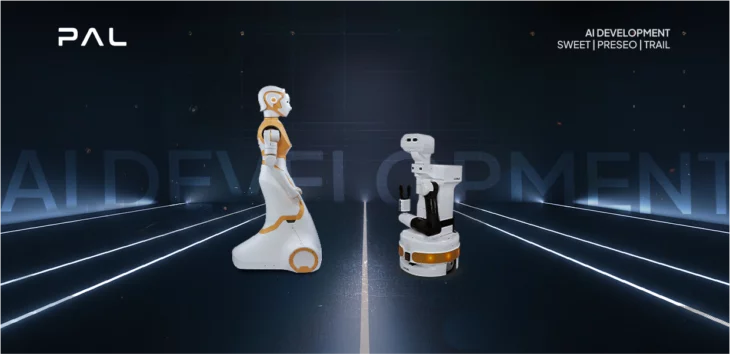Discover TALOS with Aleš Ude
This week, we interview Head of the Department of Automatics, Biocybernetics and Robotics at the Jožef Stefan Institute in Slovenia, Aleš Ude. As founder of the department’s Humanoid and Cognitive Research Lab, he has a particular interest in imitation learning – the way humanoid robots interact with and learn from humans.
In Ales’ words, “Imitation learning is not just about a robot repeating what it sees from humans, but extrapolating from this knowledge in order to generate new behaviours. We’re collecting libraries of human movements, transferring these to humanoid robots and generating new behaviours based on this data.”
Ales is currently working with our humanoid biped TALOS. Launched in April 2017, the robot’s torque sensors, electrical power, 32 degrees of freedom and walking speed of 3km/hr make it one of the most advanced biped robots in the world.
Watch our interview to find out why Ales chose to work with humanoid robots, such as TALOS, the highlights of his lab’s research over the last few years and how he thinks robotics will change our lives in the future.


